What right does a North London head teacher have to report an “anarchist” student blogger to the police, asks Padraig Reidy
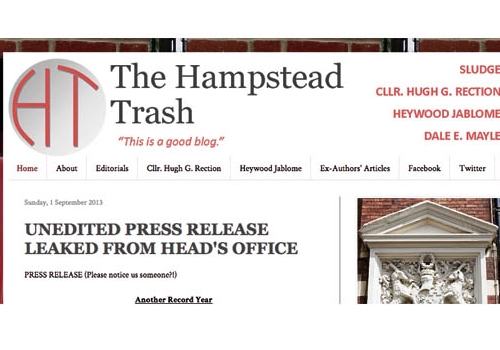

What right does a North London head teacher have to report an “anarchist” student blogger to the police, asks Padraig Reidy
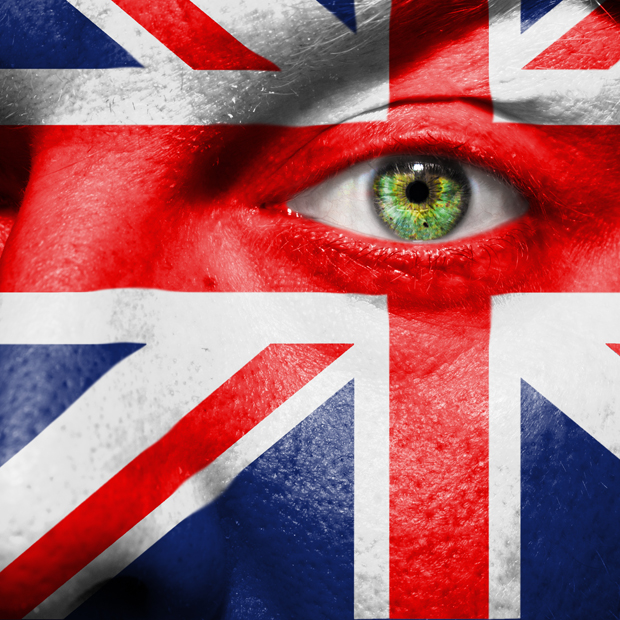
The United Kingdom has a reasonably good freedom of expression environment although for a long-established democracy, its record is average.
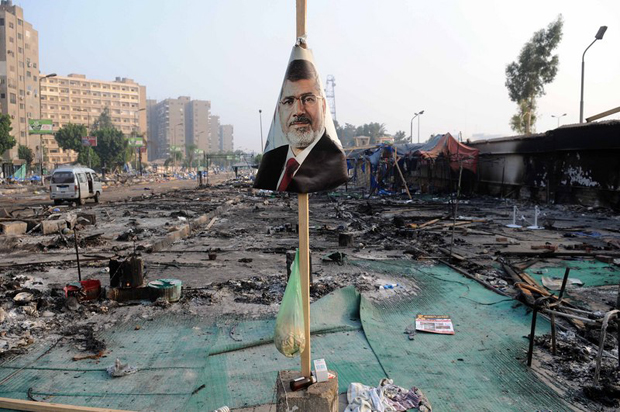
In Egypt’s bitterly polarized and often dangerous environment, it is the journalists covering the unrest that are caught in the middle, facing detention, intimidation, assault and sometimes, even death, Shahira Amin writes
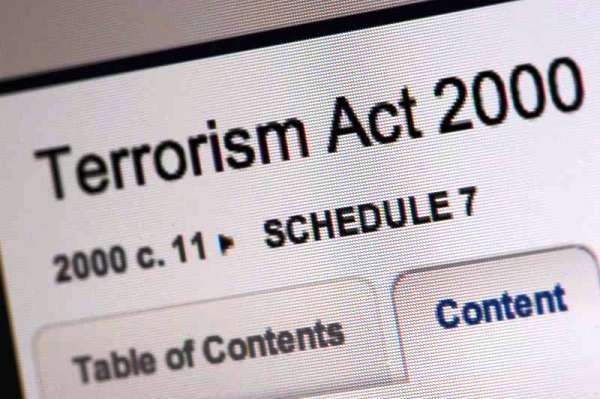
The detention of David Miranda sets a dangerous precedent, says Dan Hyde
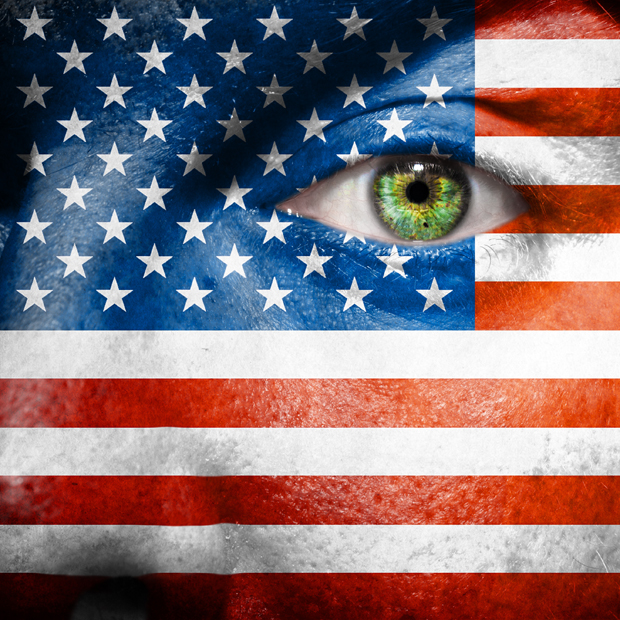
Freedom of expression is generally protected in the US, but political, legal, economic and cultural factors continue to constrain this fundamental right.
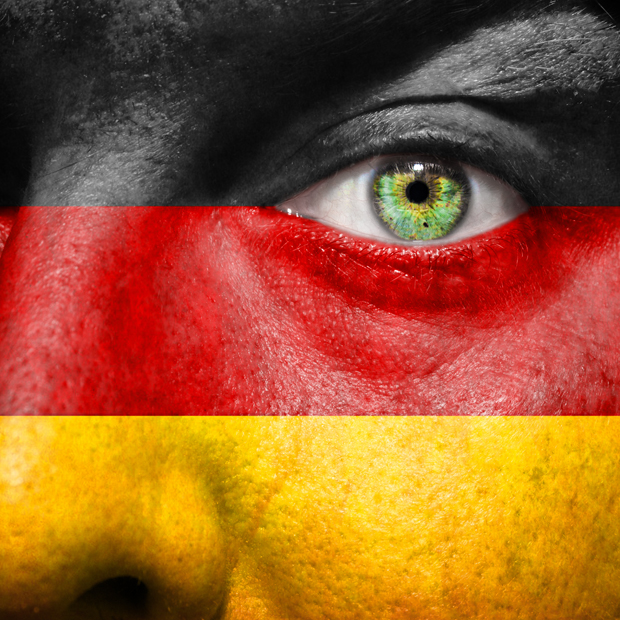
The situation with regards to freedom of expression in Germany is largely positive, but there are questions over internal mass surveillance.
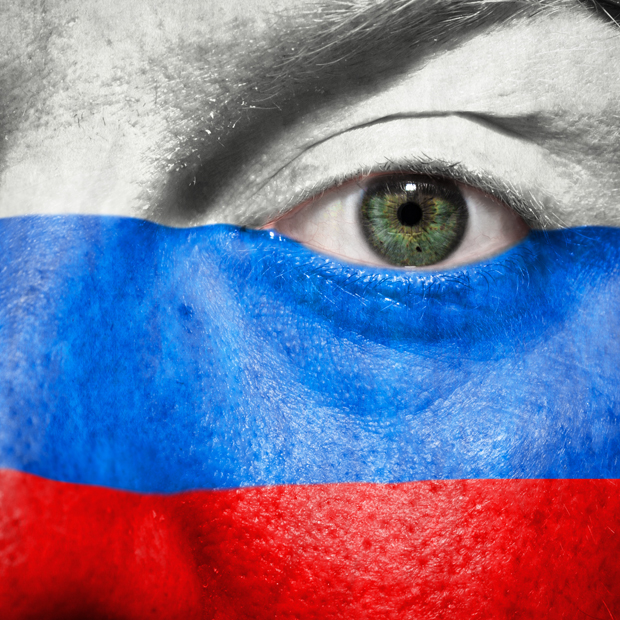
Russia’s environment for free expression is deteriorating, especially since the 2012 re-election of President Vladimir Putin.

As the Greek financial crisis drags on, politicians from the mainstream parties continue to flirt with the far-right Golden Dawn and mainstream media downplays the threat that the party represents, Christos Syllas writes
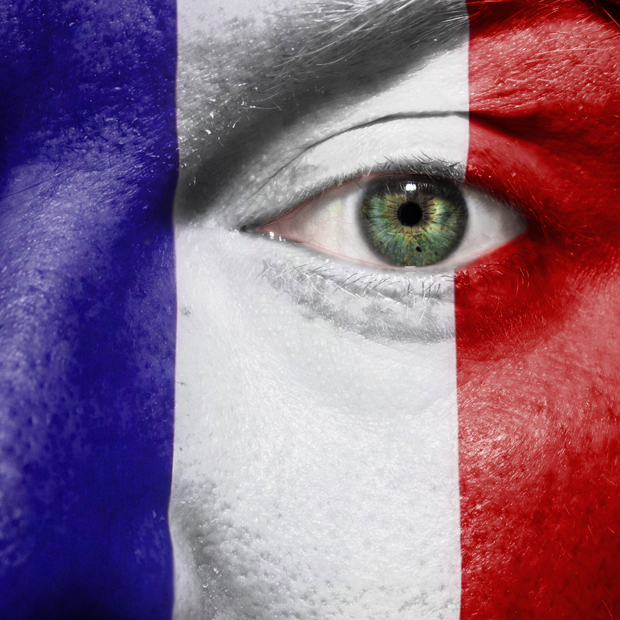
Freedom of expression is generally protected in France, although is limited by strict defamation and privacy laws. Several laws have passed since 1972 that have further restricted this fundamental right.
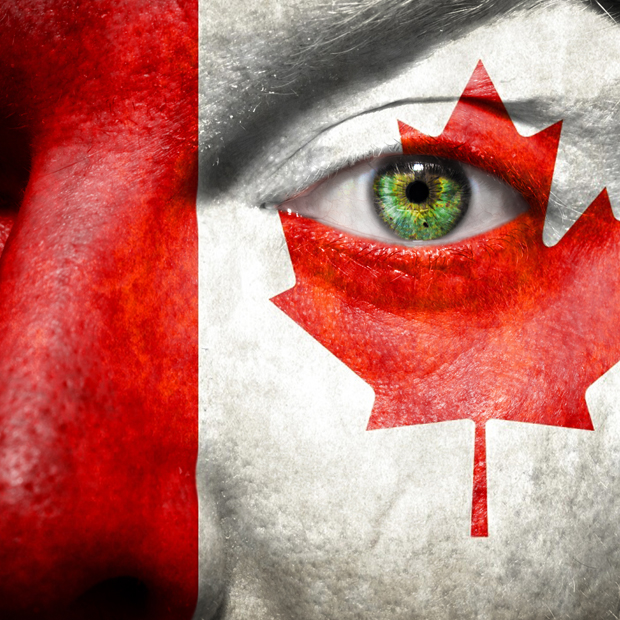
Despite having a generally positive free expression record, Canada has, in recent years, taken some regressive steps.